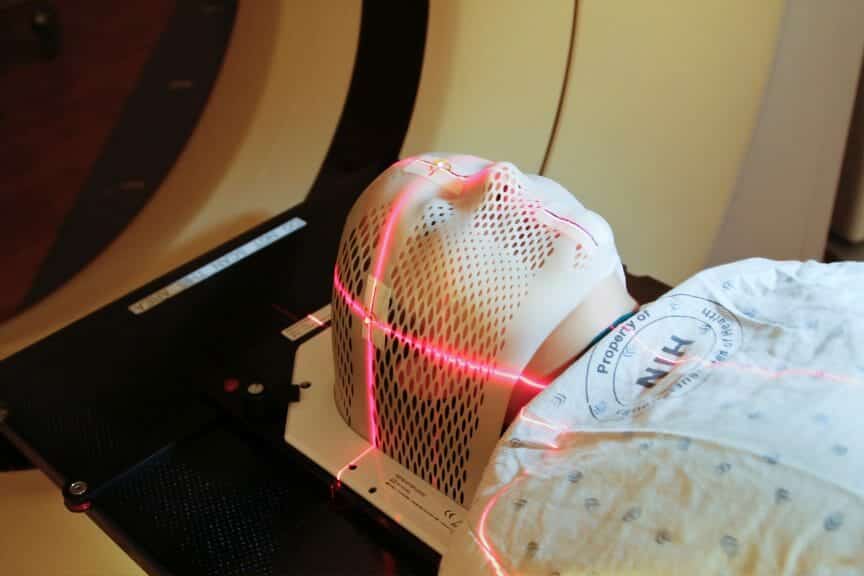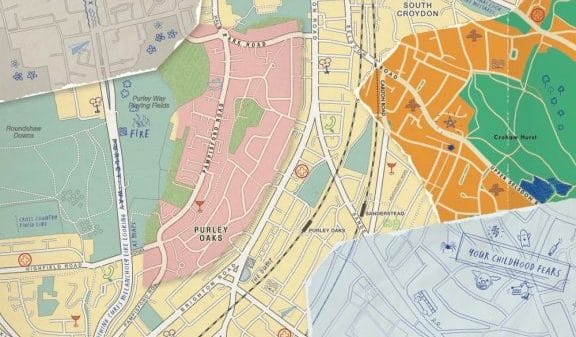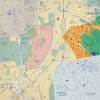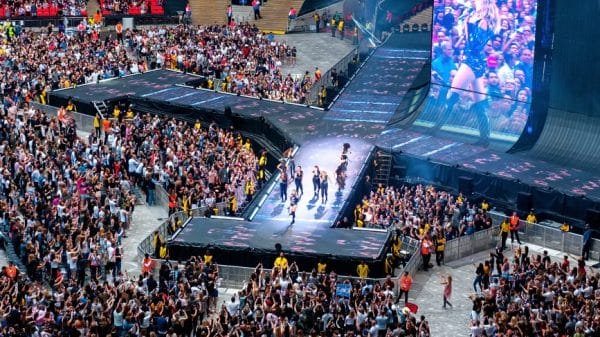The study published in Radiology highlights the potential of artificial intelligence (AI) algorithms to outperform standard clinical risk models in predicting the five-year risk for breast cancer.
The research demonstrates how AI can extract additional features from mammograms and generate more accurate risk scores compared to traditional models.
Clinical risk models, such as the Breast Cancer Surveillance Consortium (BCSC) clinical risk score, rely on patient information like age and family history to calculate breast cancer risk. However, these models may have limitations due to data availability and collection.
The retrospective study involved analyzing thousands of mammograms using five different AI algorithms to generate risk scores for breast cancer over a five-year period. The AI algorithms consistently outperformed the BCSC risk model, indicating their ability to identify missed cancers and extract features from breast tissue that contribute to predicting future cancer development.
While AI is already being used in some institutions to aid in cancer detection on mammograms, this study suggests its potential to enhance patient risk assessment. AI-generated risk scores can be generated within seconds, providing an opportunity for individualized and precise medicine on a national scale.
Dr. Vignesh A. Arasu, the lead researcher, highlights the role of AI in improving personalized care and filling the gap in the systematic availability of individualized risk assessment. By leveraging AI, healthcare professionals can potentially provide more tailored and effective breast cancer screening, prevention, and treatment strategies.














